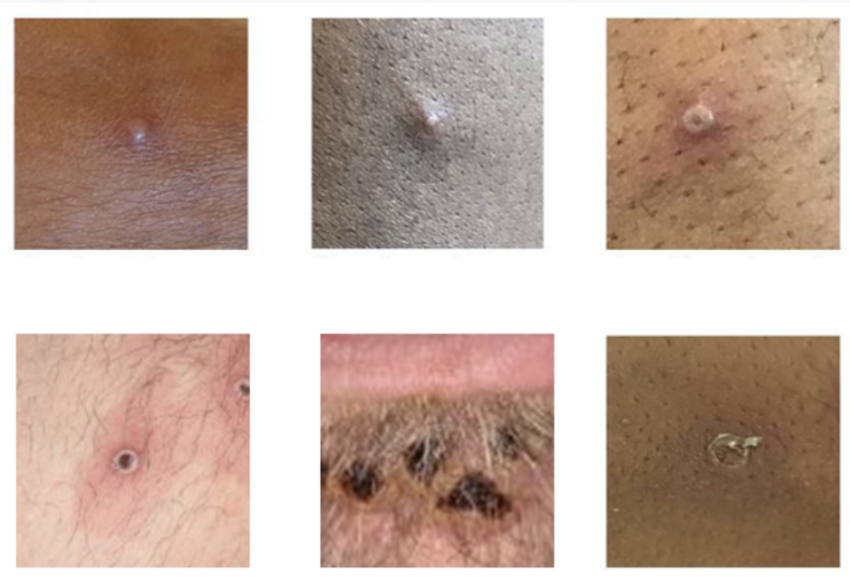The Associated Press, Kinshasa, Congo — As Congo copes with its biggest outbreak of mpox, scientists warn discrimination against gay and bisexual men on the continent could make it worse.
In November, the World Health Organization reported that mpox, also known as monkeypox, was being spread via sex in Congo for the first time. That is a significant departure from previous flare-ups, where the virus mainly sickened people in contact with diseased animals.
Mpox has been in parts of central and west Africa for decades, but it was not until 2022 that it was documented to spread via sex; most of the 91,00 people infected in approximately 100 countries that year were gay or bisexual men.
In Africa, unwillingness to report symptoms could drive the outbreak underground, said Dimie Ogoina, an infectious diseases specialist at the Niger Delta University in Nigeria.
WHO officials said they identified the first sexually transmitted cases of the more severe type of mpox in Congo last spring, shortly after a resident of Belgium who “identified himself as a man who has sexual relations with other men” arrived in Kinshasa, the Congolese capital.
…article continued below
– Advertisement –
The U.N. health agency said five other people who had sexual contact with the man later became infected with mpox.
“We have been underestimating the potential of sexual transmission of mpox in Africa for years,” said Ogoina, who with his colleagues, first reported in 2019 that mpox might be spreading via sex.
Gaps in monitoring make it a challenge to estimate how many mpox cases are linked to sex, he said. Still, most cases of mpox in Nigeria involve people with no known contact with animals, he noted.
In Congo, there have been about 13,350 suspected cases of mpox, including 607 deaths through the end of November with only about 10% of cases confirmed by laboratories …
